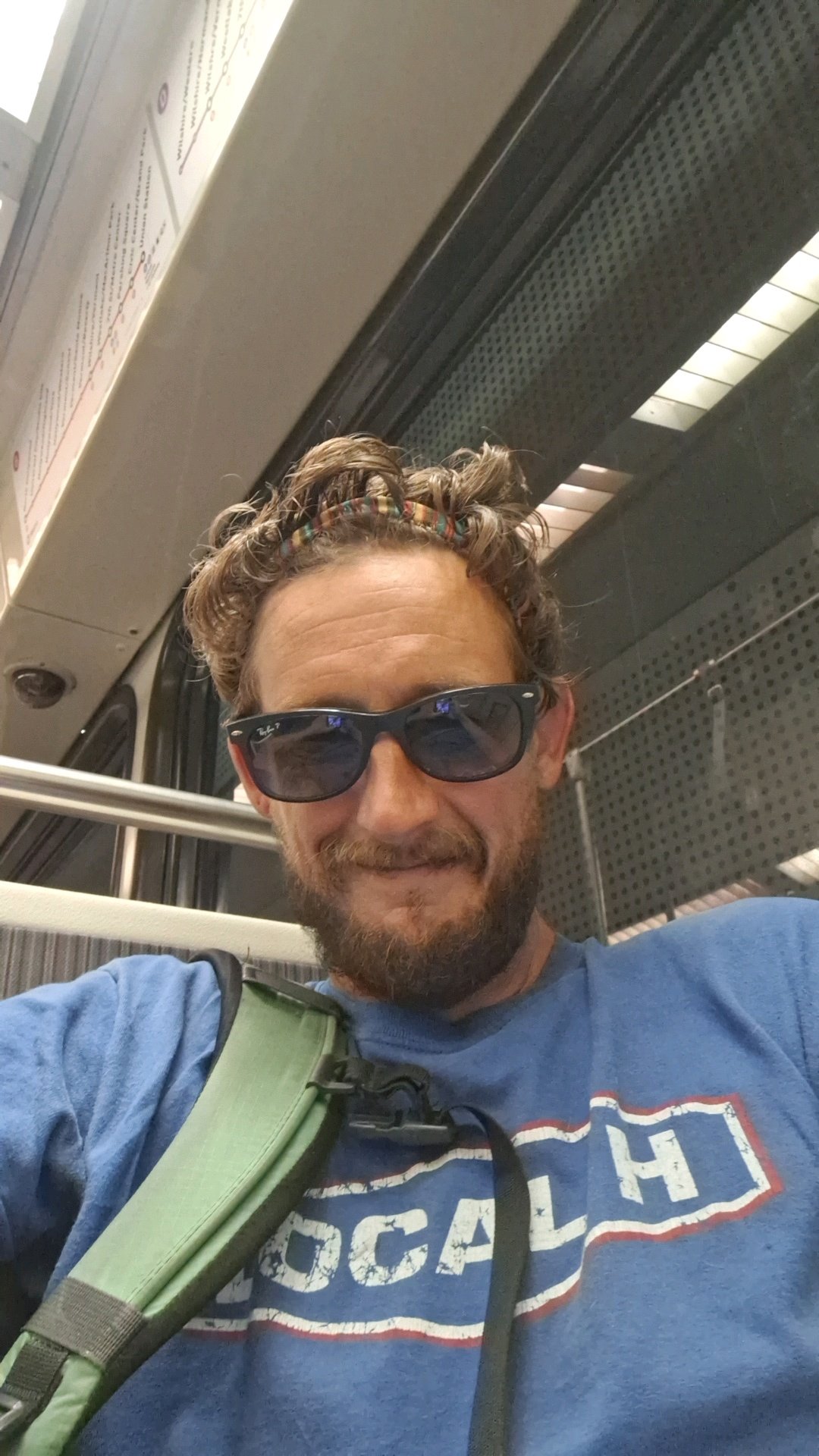The Supreme Court is being urged to weigh whether homeless people have a constitutional right to sleep on public sidewalks and camp in parks.
Judge Marsha Berzon, a senior liberal on the appeals court, cited Supreme Court decisions from the early 1960s which said that drug addicts and alcoholics may not be punished simply because they have an addiction. She said the same principle applies to the homeless.
“Just as the state may not criminalize the state of being homeless in public places,” Berzon wrote, “the state may not criminalize conduct that is an unavoidable consequence of being homeless — namely sitting, lying or sleeping on the streets.”
Four years ago, a wide array of California business groups and cities, including Los Angeles, joined appeals that urged the Supreme Court to review that ruling in a case from Boise, Idaho.
To their surprise and dismay, however, the justices turned down the appeal without a comment or dissent. They may have done so because Boise officials had repealed part of a key ordinance after losing in a lower court. The appeal may have been seen as moot.
But the non-decision left the constitutional dispute untouched, and the issue is now back before the high court in a new appeal from a small city in southern Oregon.
Grants Pass has a population of about 38,000, of whom 50 or as many 600 are homeless. Shortly after the 9th Circuit’s ruling in 2018 case from Boise, lawyers sued on behalf of several homeless people in the city who said they were harassed by police and ticketed for sleeping in a park.
In response, a federal judge ruled the city cannot enforce a strict ban on camping in its public parks, and that ruling was affirmed by the 9th Circuit in a 2-1 decision.
Writing for the majority, Judge Roslyn Silver said she was obliged to follow the circuit court’s precedent in the Boise case, which held “the 8th Amendment prohibits the imposition of criminal penalties for sitting, sleeping, or lying outside on public property for homeless individuals who cannot obtain shelter.”
That in turn launched the new appeal to the Supreme Court.
Lawyers who worked on the case are optimistic the court will take it up because the homeless problem — and its impact on cities — has gotten much worse.
Their appeal filed late Tuesday argues that the 9th Circuit’s ruling and the federal judges who have applied it “have erected a judicial roadblock preventing a comprehensive response to the growth of public encampments in the West. The consequences of inaction are dire for those living both in and near encampments: crime, fires, the reemergence of medieval diseases, environmental harm, and record levels of drug overdoses and deaths on public streets…Only this [Supreme] Court can end this misguided project of federal courts dictating homelessness policy under the banner of the 8th Amendment.”
Last month, the 9th Circuit Court’s conservatives blasted their liberal colleagues for refusing to reconsider their past rulings on the rights of the homeless.
“Homelessness is presently the defining public health and safety crisis in the western United States. California, for example, is home to half of the individuals in the entire country who are without shelter on a given night,” wrote Judge Milan Smith in a dissent joined by eight others.
“In the City of Los Angeles alone, there are roughly 70,000 homeless persons. There are stretches of the city where one cannot help but think the government has shirked its most basic responsibilities under the social contract: providing public safety and ensuring that public spaces remain open to all,” Smith wrote. “One-time public spaces like parks — many of which provide scarce outdoor space in dense, working-class neighborhoods — are filled with thousands of tents and makeshift structures, and are no longer welcoming to the broader community.”
The 9th Circuit’s active judges split 14-13 over whether to re-hear the case from Grants Pass, just short of the needed majority. But such a broad divide on the nation’s largest U.S. appeals court often appears to trigger a review by the Supreme Court.
Under the court’s rules, the lawyers who represented the homeless plaintiffs have 30 days to file a response to the appeal in City of Grants Pass vs. Johnson. If that schedule holds, the justices could decide in late fall whether to hear the case and issue a ruling early next year. scotusblog.com/cases/city-of-boise-idaho-v-martin


Nope, wild camps get busted too for being on public or private lands with code violations. They just want them to die but preferably away from them if possible.
Sounds like they didn’t avoid detection.
Harder then you’d think these days, drones flir and a bunch of funding from uppity rich people make hiding anywhere as an indigent person harder and harder.
Guess they’ll have to try
They always have and always will.